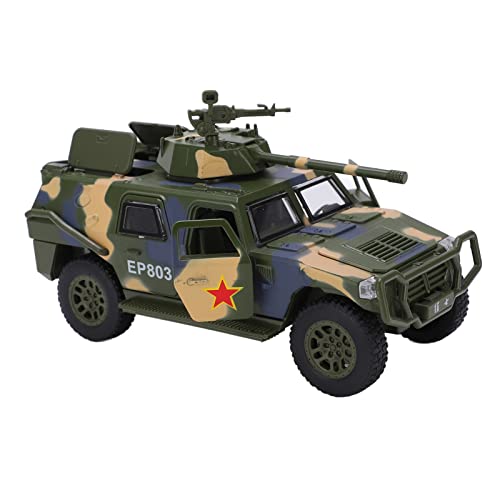100model
Well-Known Member
I came across this video about sand for concrete. Watch from 6:33 to 10:52, the sand I use has sharp edges and makes strong molds but the workabilty as he calls it is not as good as grains of sand that have rounded edges. Before you buy sand for sand molds use a magnifying glass to see what shape the sand grains are.

































































